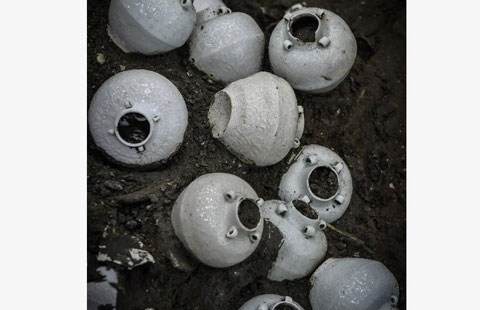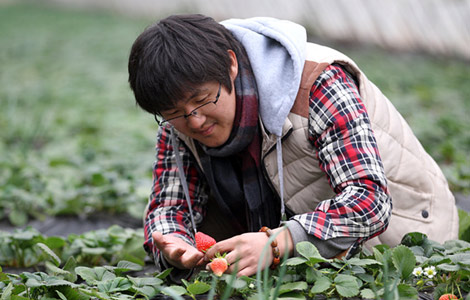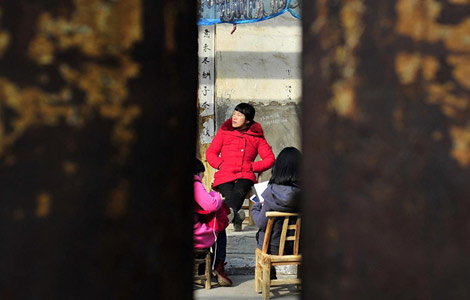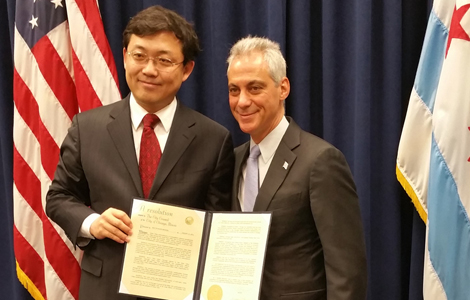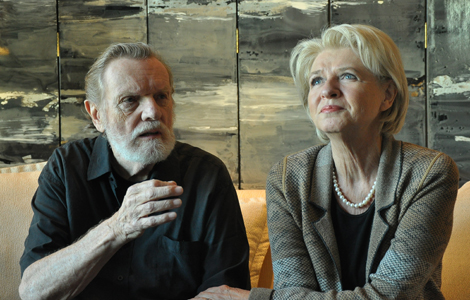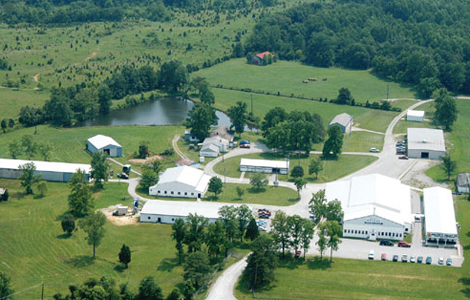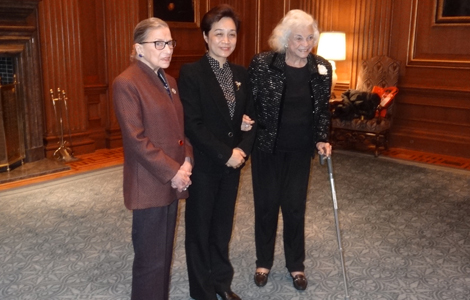Brazil seeks more agriculture trade with China
Updated: 2015-02-02 04:11
By JI YE in Rio de Janeiro(China Daily Latin America)
|
||||||||
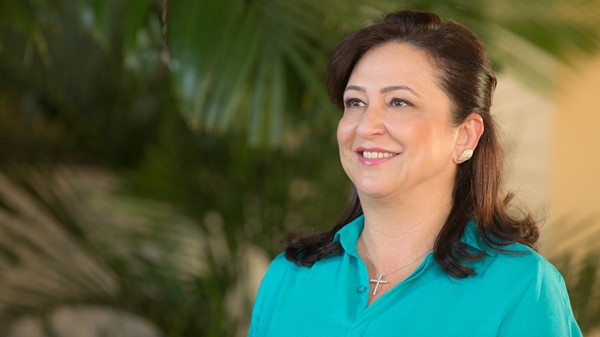 |
|
Katia Abreu, who is also president of the National Confederation of Agriculture, became the head of the Brazilian Agriculture Ministry in January. Provided to China Daily |
The Chinese market is vital to the growth of Brazil's agricultural sector, and the country plans to focus on expanding exports to the world's second-biggest economy, newly elected Brazilian Agriculture Minister Katia Abreu said.
"We need to sign more trade agreements with China. This desire is very strong for us," said Abreu, who was sworn in earlier this month, at a press conference on Jan 22.
Abreu, who is also president of the National Confederation of Agriculture, underscored the importance of Chinese investment to his country's agricultural sector.
Agriculture plays a key role in Brazil's economy, with the total volume of agricultural production in 2014 accounting for 22.5 percent of GDP.
Brazil is the world's biggest producer and exporter of coffee, sugar and orange juice, the biggest meat exporter and the second-biggest producer and exporter of soy products, as well as a major grower of corn.
China is the largest importer of Brazil's agricultural products. In 2014, Brazil's agricultural exports to China represented 22 percent of the South American nation's total agricultural exports. That's more than the total amount of Brazil's second- to fifth-largest export destinations, the United States, the Netherlands, Russia and Germany.
Abreu said Brazil and China should expand cooperation in the agricultural sector by not only boosting direct trade, but also exchanging more high value-added products.
"We always want to be able to export more high value-added agricultural products," said Abreu.
To further explore the Chinese market, Abreu said she will lead a delegation to China in March. She also wants China to cut the import tariff on Brazilian coffee, and to accept the Brazilian meat industry's health-inspection standards.
China lifted an embargo on Brazilian beef imports last year after suspending them in 2012 following a case of mad cow disease in the South American country.
Abreu wants Brazilian beef, chicken and pork parts that are certified by Brazil's sanitary regulators sent to China without having to be certified by the Asian country's inspectors.
Brazil's Agriculture Ministry said at the end of 2014 that beef exports to China are expected to increase significantly in 2015, to at least $700 million from $37 million in 2012.
Despite a drought that led to a decrease in production, Brazil remains the world's largest coffee producer and exporter. with 30 percent of the world's total coffee export.
Although Brazil accounts for 30 percent of the world's total coffee export, Brazilian coffee has failed to build its own brands. The coffee is acquired by international coffee chains like Starbucks and stays in the downstream of the world's coffee chain.
"Unfortunately, Chinese consumers can only enjoy Brazilian coffee in Starbucks," said Abreu, who acknowledged that Brazilian coffee has a relatively low awareness in China.
According to a survey, Colombian coffee has the highest awareness among consumers in China, up to 83 percent, while Brazilian coffee ranked second with 53 percent.
In recent years, the coffee industry in China has rapidly developed. The average growth rate of China's total coffee consumption has been more than 20 percent in the past five years, according to statistics. The world's per capita annual consumption of coffee is 250 cups, while in China it is only four cups.
In 2013, when Abreu was the president of the National Confederation of Agriculture in Brazil, she suggested that Brazil expand its coffee exports to China. She again stressed it at the news conference.
"Brazilian coffee is vigorously promoting its brand worldwide and expanding its awareness. I hope that more Chinese people can drink Brazilian coffee," Abreu said.
Most Viewed
Editor's Picks

|

|

|

|

|

|
Today's Top News
Jan manufacturing PMI falls to 28-month low
Central China city allows 72-hour visa exemptions
Beijing to build Universal Studios
Head of China Minsheng Bank resigns
78% of China's luxury spending done overseas
Mexico suspends high-speed train project
Alibaba may face class-action suit
MH370 verdict reached
US Weekly

|

|
